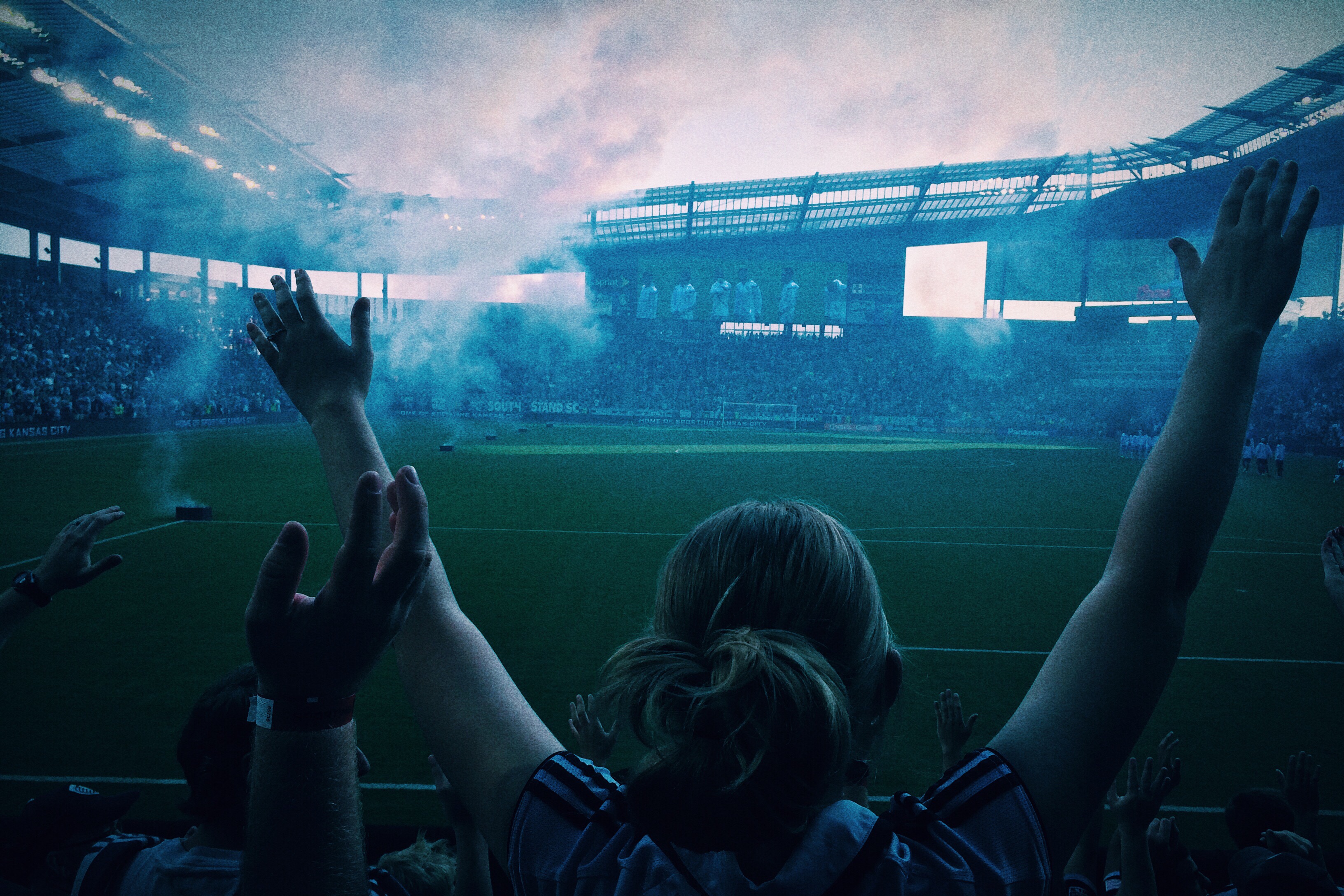
From Ronaldo begging for ZZZs to hyped-up fans watching around the globe, soccer’s biggest game is taking a toll on everyone’s sleep schedule. Our blogger gives you the full scoop on everyone who’s not scoring a good night’s rest.
Almost exactly 16 years ago, I woke at 4 a.m. on a weekday and hit the dark streets of Manhattan to find throngs of crazy people just like me—all walking briskly to bars. We weren’t itching for a drink, we were psyched to see a kickoff, and the fact that it was on the other side of the world wasn’t going to stop us.
And while this World Cup might be in a better time zone for me, there’s tons of news about how sleep is being seriously sacrificed for the beautiful game. Here’s some of the hottest sleep news to keep you wide awake.
Wakefulness as a Weapon?
Science says lack of sleep can make you sick. But when Iran’s fans were partying outside Team Portugal’s hotel, they weren’t trying to depress anyone’s immune system. Perhaps they were hoping that keeping the players up would help them get an edge in their upcoming game. Cristiano Ronaldo was even seen coming to the window to silently mime that he really wanted to sleep. The video of Ronaldo trying to get the noisy crowd to quiet down is worth the watch.
Although it just seems like a fun stunt, many studies have shown that missing out on sleep can impair your daytime functioning. One study compared lack of sleep to alcohol and showed that it even moderate sleep deprivation “produces impairment in cognitive and motor performance equivalent to legally prescribed levels of alcohol intoxication.”
And, according to Dr. Christopher Winter, even short-term lack of sleep is not a good thing. Interviewed for our blog, he said, “In the short run, depriving yourself of the restorative effects of sleep can lead to an impaired memory, weight gain, poor judgement, delayed reactions, and an increase in the stress hormone cortisol.”
So did it the tactic work? In the end, Iran drew even with Portugal, and Ronaldo did miss an important penalty. OK, to be fair, maybe that was thanks to Iran’s goalkeeper and not Ronaldo’s motor skills…but will we ever know for sure? Nope. We do know that it sure didn’t help him.
White Night Wonkiness?
The matches being played so far north lead to another problem we don’t see on TV: the lack of darkness. It stays light until midnight in St. Petersburg at this time of year, and it’s not just the desire to wander the streets that might be taking a toll. According to an article in the New York Times, light makes you alert, and these long days make it hard to get rest because the light “acts as a stimulant, similar to the way caffeine does, even in people who are blind.” Yes, that part is wild. Apparently, our eyes have a protein that detects light called melanopsin, which is different from the part of the eye that actually sees. If the players have their body clocks thrown for a loop, there’s no doubt performance could be affected.
Sleepless in San Francisco & Singapore
Although the U.S. didn’t qualify this year, fans are not in short supply. Writing for the San Francisco Chronicle, Ann Killion shared her love of the World Cup, and ended by recommending naps for diehards.
Over in Singapore, with the games starting at 8 p.m. and ending around 4 a.m., the fan base is not sleeping much. Some fans report trying to make it up on the weekends, and others say sacrificing sleep is worth it since it’s only once every four years.
And our data backs up what everyone is saying. We crunched the sleep data of users around the world during previous games from Euro 2016 to the previous World Cup to the Super Bowl, and we saw that while supporters may win games, they certainly lose sleep.
And during this World Cup in Russia, we already have some data to share. Japan played against Senegal on June 24, and the game went late in the night for the Japanese. The results: our Japanese community slept 17 minutes less compared to the 4 previous Sundays.
So are you watching the World Cup? If so, while thinking about group stages, maybe give some thought to sleep stages. Check out all the articles we have on the importance of sleep. And if all else fails, after this, we have four years to catch up.



